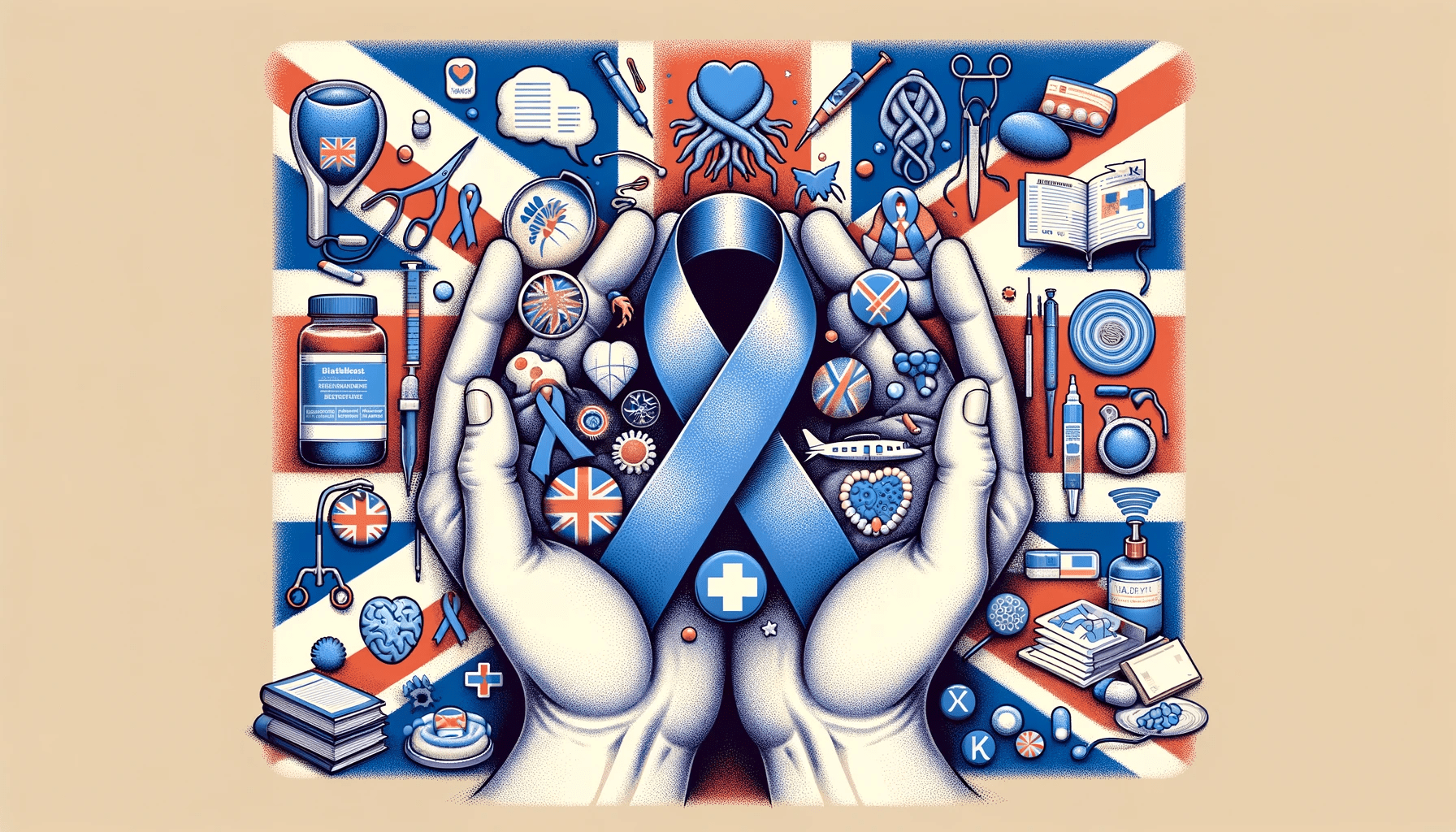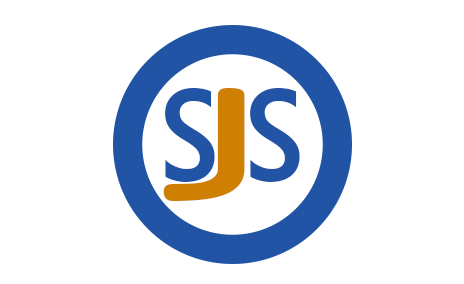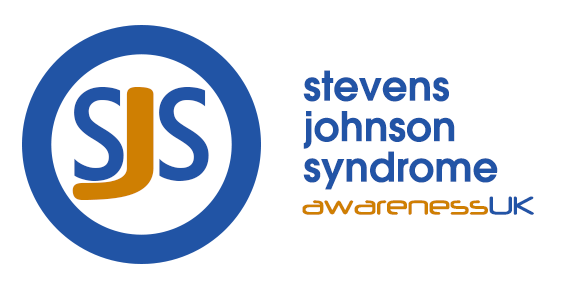
What Every UK Resident Should Know About Stevens-Johnson Syndrome/Toxic Epidermal Necrolysis
Stevens-Johnson Syndrome (SJS) and Toxic Epidermal Necrolysis (TEN) are among the most severe and rare disorders affecting the skin and mucous membranes, often emerging as reactions to medications or infections. This guide is designed to equip UK residents with essential knowledge about SJS/TEN, encompassing the conditions' definitions, impacts, and the supportive framework available within the UK's healthcare system.
SJS and TEN are considered part of a continuum, with TEN being the more extreme manifestation. These conditions result in a severe reaction causing the death of skin cells, leading to blistering and peeling of the skin, which can also impact internal organs. The majority of SJS/TEN cases are linked to adverse reactions to medications, highlighting the importance of vigilance regarding pharmaceutical intake. As the majority of the population take medication at some point in their life, it is strongly recommended to read the Patient Information Leaflet (PIL) included in your medication pack. This will help you recognise potential signs of an allergic reaction.
Recognizing the early symptoms of SJS/TEN, which can mimic those of the flu, such as fever, sore throat, and fatigue, followed by painful skin rashes that spread and blister, is critical. These conditions demand immediate medical intervention to ensure the best possible outcomes.
In the UK, the rarity of SJS/TEN makes accurate statistics hard to come by, yet the profound impact on survivors underscores the need for increased awareness and early detection. Diagnosis primarily relies on clinical observation and may be confirmed through skin biopsy. Treatment in the UK focuses on ceasing the offending medication, symptom management, and complication prevention, often necessitating care in specialized units.
Awareness and avoidance of known triggers—certain antibiotics, anticonvulsants, and NSAIDs—is crucial for prevention. Should you suspect an SJS/TEN reaction, immediate discontinuation of the suspect medication and urgent medical consultation are imperative steps.
Support networks play a vital role in the SJS/TEN community, offering resources, community engagement, and advocacy. Organizations like SJS Awareness UK are invaluable, providing educational materials, support networks, and advocacy for affected individuals and families.
Navigating the healthcare and insurance landscape in the UK can be challenging for SJS/TEN patients. This guide offers insights into managing healthcare interactions, insurance coverage, legal rights, and support, aiming to empower patients and their families.
Current research within the UK focuses on uncovering causes, improving treatments, and enhancing long-term outcomes for SJS/TEN patients. Public support for these initiatives is essential. Managing the long-term effects of SJS/TEN involves comprehensive strategies addressing both physical and emotional health to improve survivors' quality of life.
Efforts to build awareness and advocate for SJS/TEN patients include raising public knowledge, supporting research, and engaging in advocacy work. By enhancing understanding and support for SJS/TEN, we can improve early detection, treatment efficacy, and the support network for those impacted by these conditions.
In summary, this guide aims to inform and empower UK residents regarding SJS/TEN, emphasizing the critical nature of early symptom recognition, understanding triggers, and the importance of immediate and appropriate medical care. It also highlights the significant role of support networks and resources available, such as SJS Awareness UK, in advocating for patient rights and advancing research. Through informed awareness and proactive management, we can improve the lives of those affected by SJS/TEN, ensuring better outcomes and quality of life.

